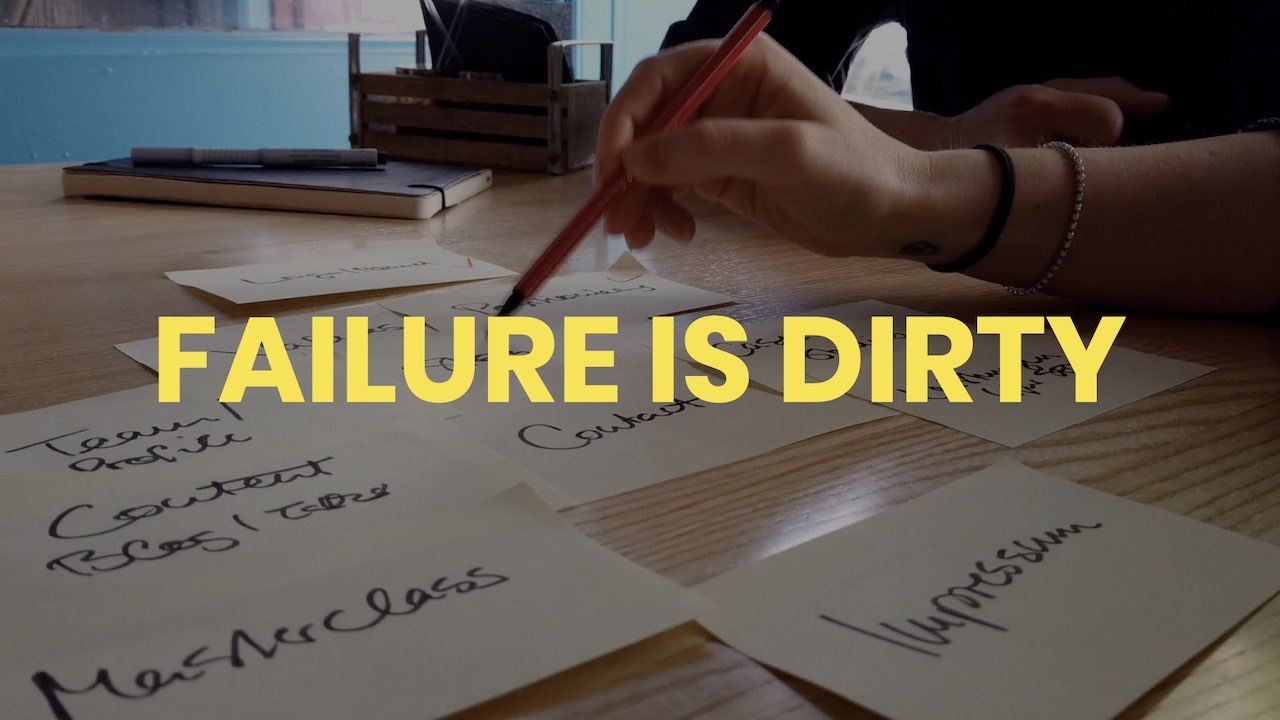What are Dysfunctional Beliefs?

Dysfunctional beliefs, negative beliefs, limiting beliefs, … Different names for the same demon that resides in many of us.
“Failure is dirty”, “Career is happiness”, “Vulnerability is weakness”. These are typical dysfunctional beliefs and you may immediately recognize some of them.
Dysfunctional beliefs are fused in our minds for years, sometimes since childhood. They have been acquired through interactions with our parents, school, relationships, or any life-changing events. Everyone has them.
As we grow older, dysfunctional beliefs also grow stronger in our minds, and they continually guide (and limit) our thoughts and behaviors. That’s why it’s important to face them: Not only do dysfunctional beliefs keep us from thinking big, they also keep us from taking big steps to improve our lives.
And they contribute to the so-called impostor syndrome.
The Voice of the Inner Critic
Some dysfunctional beliefs will be easy to recognize. You hear or read them somewhere and you immediately know: Yep, that’s me! Others are lingering deep inside of us and find expression in the voice of an inner critic - the voice of self-doubt.
The first step to overcome them is to be able to identify the voice of your inner critic. Take a look at the following criteria that make it easier to recognize the voice:
Harsh, Rude, or Mean
The voice of the inner critic can be dismissive and put ourselves down: “How can you be so stupid.”
Black & White Thinking
The voice is judgemental and binary. Sometimes it compares ourselves to others: “Look at his report, it’s flawless. And you’re still here struggling - you’re just incapable.”
Voice of Reason
It’s telling us what will happen or not happen. How rational or irrational this is, is a different question: “If you do ABC, XYZ will happen.”
Generalizing
The voice of the inner critic tends to generalize and use cultural or societal rules to defame you and your actions: “Everyone does XYZ. What’s wrong with you?”
Repetitive
The voice of the inner critic often sounds like a broken record and will repeat the same statements over and over again.
Irrational
The statements can be irrational, but since they derive from persistent dysfunctional beliefs, this can be hard to see.
Known voice
The voice of the inner critic sometimes echos a real person, such as a critical parent, teacher, or boss.
For women specifically, there are additional common indicators for the voice of the inner critic:
Not-ready-yet
As for women, the voice of the inner critic often questions their readiness and seeks external validation: “Before you can do XYZ, you need to get another degree/ take a training/ get certified/…”
Not-good-at-this
The voice also questions their competence in traditionally male-dominated fields and disciplines: “You aren’t good at Maths/ Negotiation/ Technology. Don’t even try.”
Body Perfectionism
Lastly, the voice of the inner critic bothers women with statements about how they look and establishes causal relationships between their look and their performance or success: “With those extra kilos/ wrinkles/… you will never succeed.”
In order to overcome the voice of your inner critic, it’s essential to recognize it, call it out, and identify the underlying dysfunctional beliefs. A powerful exercise is to start documenting any self-doubts that come up on a daily basis.
You will start to see patterns and be able to identify what’s causing these statements. And also what triggers them. Also, check out this example of overcoming a dysfunctional belief.
